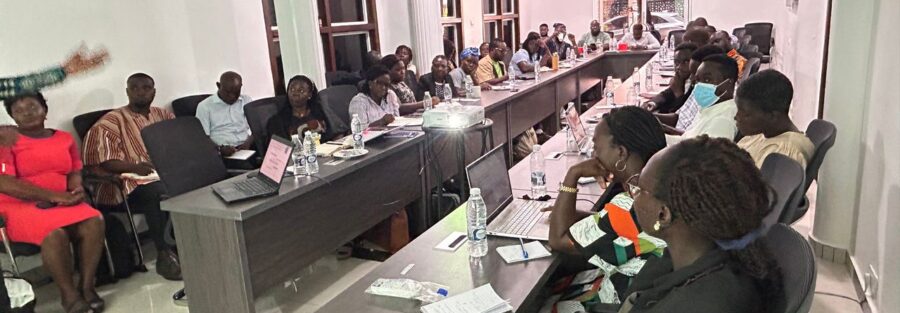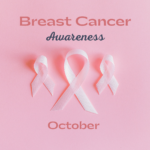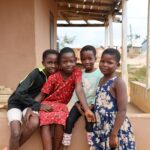ARHR, with funding support from UNFPA Ghana, convened a focused SRH/GBV dialogue to strengthen collaboration among coalitions and civil society actors working on Sexual and Reproductive Health (SRH) and Gender-Based Violence. The event brought together CSO players in SRH/GBV from the Accra, Oti, and Bono East regions to share lessons, harmonize advocacy approaches, and map out a joint action plan.
Moderated by an SRHR Policy and Development Specialist, Dr. Godfred Bonna Nkansah, the one-day dialogue provided a platform for participants to identify key gaps in Reproductive Health Education (RHE) and explore strategies for coordinated national and subnational advocacy. Presentations highlighted persistent challenges, including limited access to accurate RHE, regional disparities in implementation, and the ongoing prevalence of GBV, as well as opportunities to strengthen community engagement and policy influence.
A core part of the session was the practical SMART Advocacy exercise, during which participants worked in regional groups to develop Specific, Measurable, Achievable, Relevant, and Time-bound advocacy plans. These plans identified priority focus areas, target audiences, proposed timelines, and measurable indicators for tracking progress. ARHR will consolidate the regional plans into a single document to guide follow-up support and implementation.
Key themes that emerged from the discussions included:
- The urgent need to scale up accurate and comprehensive RHE for both in-school and out-of-school adolescents.
- Leveraging media and local leadership to amplify advocacy messages and shift harmful norms.
- Improving coordination between national and subnational actors to ensure consistent policy implementation.
Participants commended the dialogue’s practical, action-oriented format. One attendee commented,
“This meeting has translated advocacy theory into doable plans we can implement in our communities.”
The collaborative atmosphere also fostered stronger networks and a renewed commitment to joint campaigns and data-driven advocacy. ARHR expressed appreciation to all partners and participants for their active contributions and to UNFPA Ghana for supporting the initiative.
Moving forward, ARHR will support technical follow-up, facilitate peer learning exchanges, and work with the coalitions to mobilize resources needed to implement the agreed advocacy plans. This activity is a concrete step toward building a harmonized and resilient civil society response that advances RHE and GBV in Ghana.



